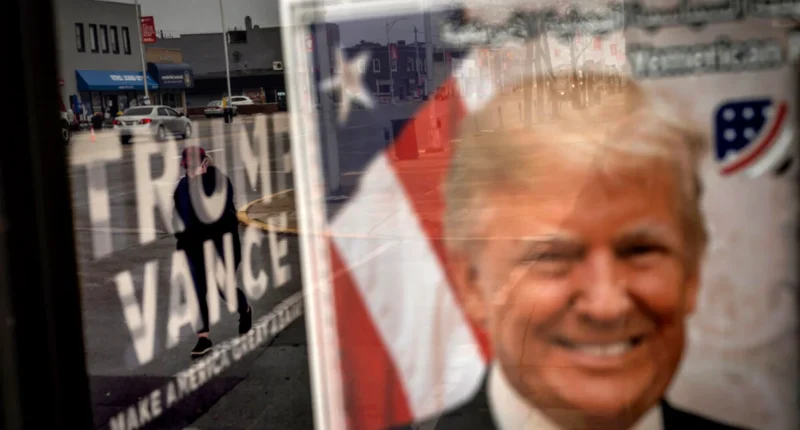With Donald Trump’s return to the White House, Thai businesses are advised to closely monitor potential changes in US trade policy. This alert, issued by the Thai Wholesale and Retail Trade Association, emphasizes how shifts in US tariffs and trade agreements could significantly impact Thailand’s export market.
Thailand’s Position in Global Trade with the US
Existing Trade Harmony Between Thailand and the US
According to Somchai Pornrattanacharoen, honorary advisor to the association, Thailand’s trade policies remain aligned with those of the US despite Thailand’s trade surplus. This harmony provides some reassurance to Thai businesses, yet vigilance is advised in light of potential US protectionist policies.
Impact of Thailand’s Trade Surplus on Policy Changes
Thailand’s trade surplus with the United States, amounting to US$29.4 billion, highlights the need for continuous monitoring. As the US adopts more protectionist measures, particularly through tariff hikes, Thai exporters must be prepared for any policy shifts that may affect trade relations.
Potential Tariff Increases and Their Implications
Trump’s Proposed Tariff Hikes on Imports
President Trump has indicated a potential increase in tariffs, proposing up to 60% on Chinese imports and 20% on other goods, with specific products facing levies as high as 200%. While Thailand’s primary exports—such as vehicles and agricultural products—may be less affected, the changes could indirectly impact the overall trade environment.
Effect on Thai Wholesale and Retail Exports
Somchai noted that Thailand’s wholesale and retail exports are unlikely to be directly impacted by US tariff hikes. However, as the US focuses on protectionist measures, it’s essential for Thai businesses to stay updated on these shifts to mitigate any indirect effects on their industry.
The Importance of Foreign Investment in Thailand’s Economic Growth
Retaining and Attracting US Manufacturers in Thailand
Somchai advised that Thailand’s competitive labor costs make it an attractive option for American manufacturers already operating in the region. He predicts that many will choose to maintain their production in Thailand, benefiting the local economy and workforce.
Enhancing Investment Incentives to Boost Economic Growth
To strengthen Thailand’s economic position, Somchai encouraged the government to enhance investment incentives. By attracting foreign businesses, Thailand could further establish itself as a strategic production hub, allowing for a steady influx of jobs and technology transfers to the Thai workforce.
Strategic Planning for Thailand’s Economic Resilience
Monitoring Trade Policies for Long-Term Benefits
As trade policies evolve, Somchai emphasized that the Thai government should seek mutually beneficial solutions with trade partners. Carefully evaluating these policies can help Thailand maintain a balanced relationship with the US and other major trade partners, securing the nation’s economic interests.
Preparing for Potential Trade Barriers and Policy Changes
If the US imposes trade restrictions, the Thai government may need to evaluate foreign brands operating within Thailand to ensure compliance. By staying proactive, Thailand can minimize the risk of increased scrutiny from the US while supporting its local businesses.
Conclusion: A Strategic Approach to US-Thai Trade Relations
Thai businesses must remain vigilant as the US trade policy landscape changes under the Trump administration. With Thailand holding a significant trade surplus with the US, businesses and government officials are encouraged to adopt strategic measures that protect Thailand’s economic interests, foster foreign investment, and secure its standing as a key trade partner in the global market.
Ref-Thaiger









